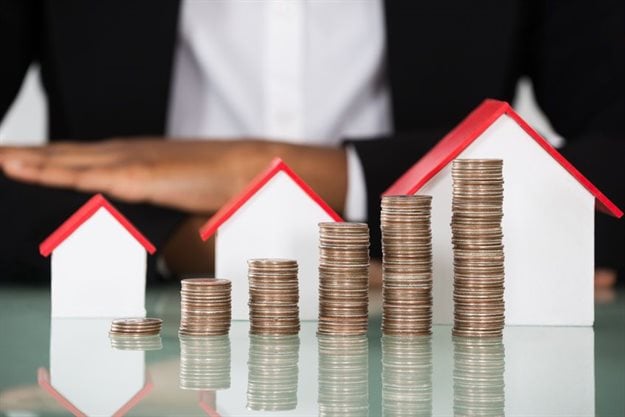
Top stories






More news


Marketing & Media
Ads are coming to AI. Does that really have to be such a bad thing?














The emphasis placed on young people, education and training was particularly important. If implementation of plans in these areas goes well, the youth will be far better able to create a financially stable future for themselves. This will have a very positive knock-on effect for the housing market in the long-term by expanding our already fast-growing middle-class – a vital component of a healthy and active property market.
Youth initiatives will also play a role in the president’s emphasis on job creation – another important influence on the economy. Job growth is key to maintaining market momentum. Without it, consumers lose confidence to buy property, even if they can afford to do so. By recognising the unemployment crisis and spotlighting reform through programmes like the Presidential Youth Employment Intervention, the government could go a long way towards boosting investor confidence.
A more direct impact on the property market will be seen in the government’s planned R64bn investment in student housing – an investment that will also leverage at least another R64bn in private capital. This will not only address the growing need for affordable student accommodation across South Africa, it should also trigger a sizeable resurgence in market activity, as well as stimulating the construction industry.
The government’s planned investment in property isn’t limited to students either. Ramaphosa announced a social housing programme that could leverage as much as R9bn in private investment to construct 37,000 low-income rental apartments.
Housing demand has definitely increased over the past year, especially at the lower end of the market. The social housing programme recognises shortages in this sector and will help address this growing need.
While the current economic climate makes it unlikely that many of these tenants will be able to use social housing as a springboard to becoming first-time buyers in the near future, the general increase in rental activity will still help stimulate the property market.
With Eskom’s plight in stark focus, President Ramaphosa’s plan to increase grid capacity through renewable energy, amongst other sources, was understandably well received. This will not only help alleviate load shedding woes and stabilise our embattled economy, progress on this front should also renew investor confidence, indirectly boosting property market activity.
In addition, the visible focus on renewable energy will help bring sustainability to the fore in architecture and design. This will offer opportunities for homeowners to embrace eco-friendly solutions and add tangible value to their properties at the same time.
Buyers are becoming increasingly aware of the importance of environmentally responsible building and interior design. This will be a consistent trend in years to come as global climate change escalates. We hope to see further opportunities for homeowners in this space as our government becomes more open to renewable energy and independent power production. We’re very pleased to see more progressive attitudes start to filter into government policy.
SONA 2020 was certainly not without its challenges, and President Ramaphosa’s address left more than one question hanging. However, we are optimistic that should the outlined economic reforms be brought to successful fruition, a return to consumer, investor and market confidence will follow, bringing with it the restoration of South Africa’s fiscal health.